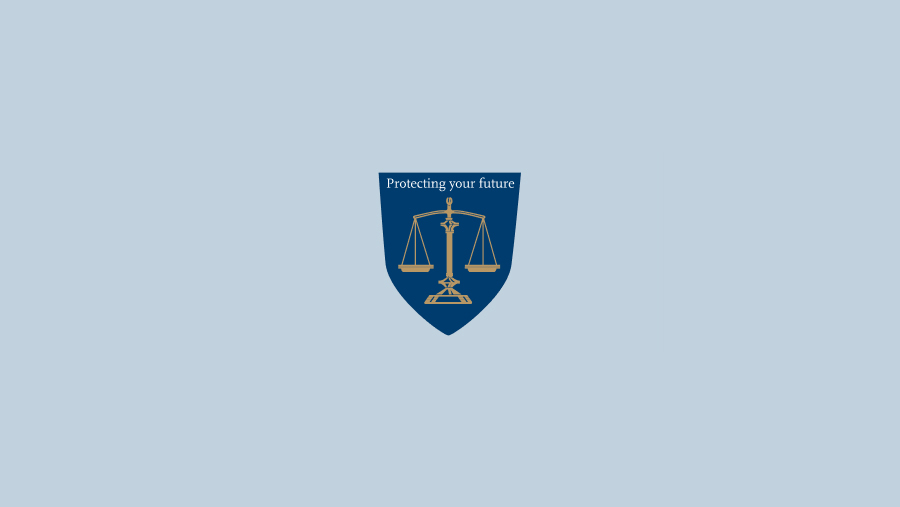Parents or grandparents of a disabled child should leave assets in a Special Needs Trust, to avoid the child being disqualified from government benefits, such as SSI and Medicaid. The reasoning behind these Special Needs Trusts is simple — prior to the protection now afforded by these trusts, parents would simply disinherit their disabled children rather than see them lose their benefits. Since the state wasn’t getting the inheritance monies anyway, why not allow it to go to the disabled child for his or her extra needs, above and beyond what the state supplies.
These trusts, however, offer traps for the unwary. Since payments to the child will generally reduce their SSI payments dollar for dollar, trustees of such trusts should be advised to make payments directly to the providers of goods and services. Preserving SSI benefits is crucial since eligibility for SSI determines eligibility for Medicaid.
In other words, if SSI is lost the recipient also loses their Medicaid benefits. In addition, any benefits previously paid by Medicaid may be recovered. As such, one also has to be mindful of bequests from well-meaning grandparents. Similarly, if a sibling dies without a will, a share of their estate may go to the special needs brother or sister by law. The Special Needs Trust must be carefully drafted so that it only allows payments for any benefits over and above what the government provides.
There are two types of Special Needs Trusts. First party and third party. The first party trust is set up by a parent, grandparent, legal guardian or court using the child’s own money, either through earnings, an inheritance that was left directly to them or, perhaps, a personal injury award. Recent changes in the law allow the special needs child to establish their own first party Special Needs Trust if they are legally competent to engage in contractual matters. These first party trusts require a “payback” provision, meaning that on the death of the child beneficiary, the trust must pay back the state for any government benefits received.
A third party trust is usually set up by a parent or grandparent, using their own money. Here, no “payback” provision is required because it was not the child’s own money that funded the trust and the parent or grandparent had no obligation to leave any assets to the child. On the death of the child beneficiary, the balance of the trust is paid out to named beneficiaries.
